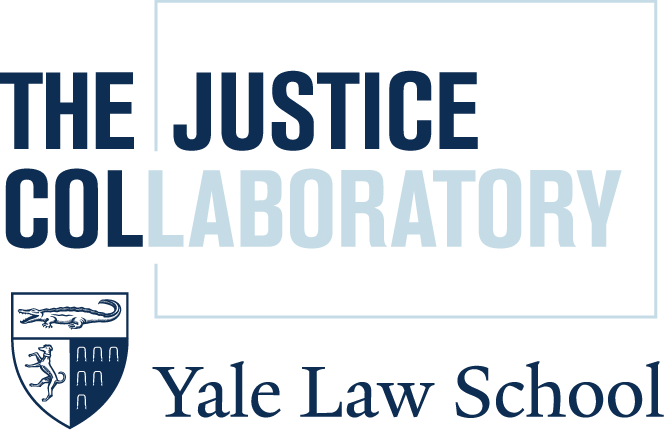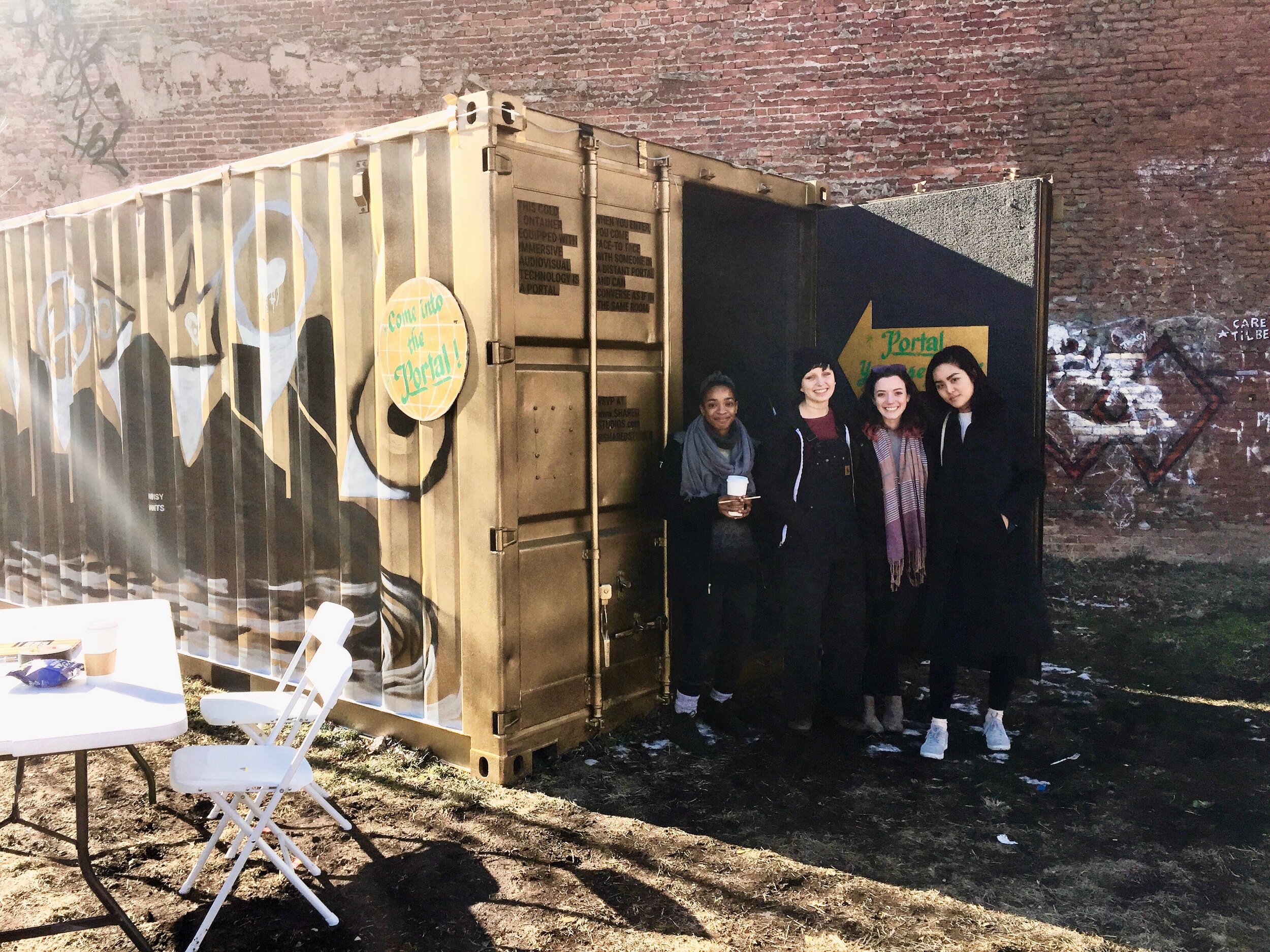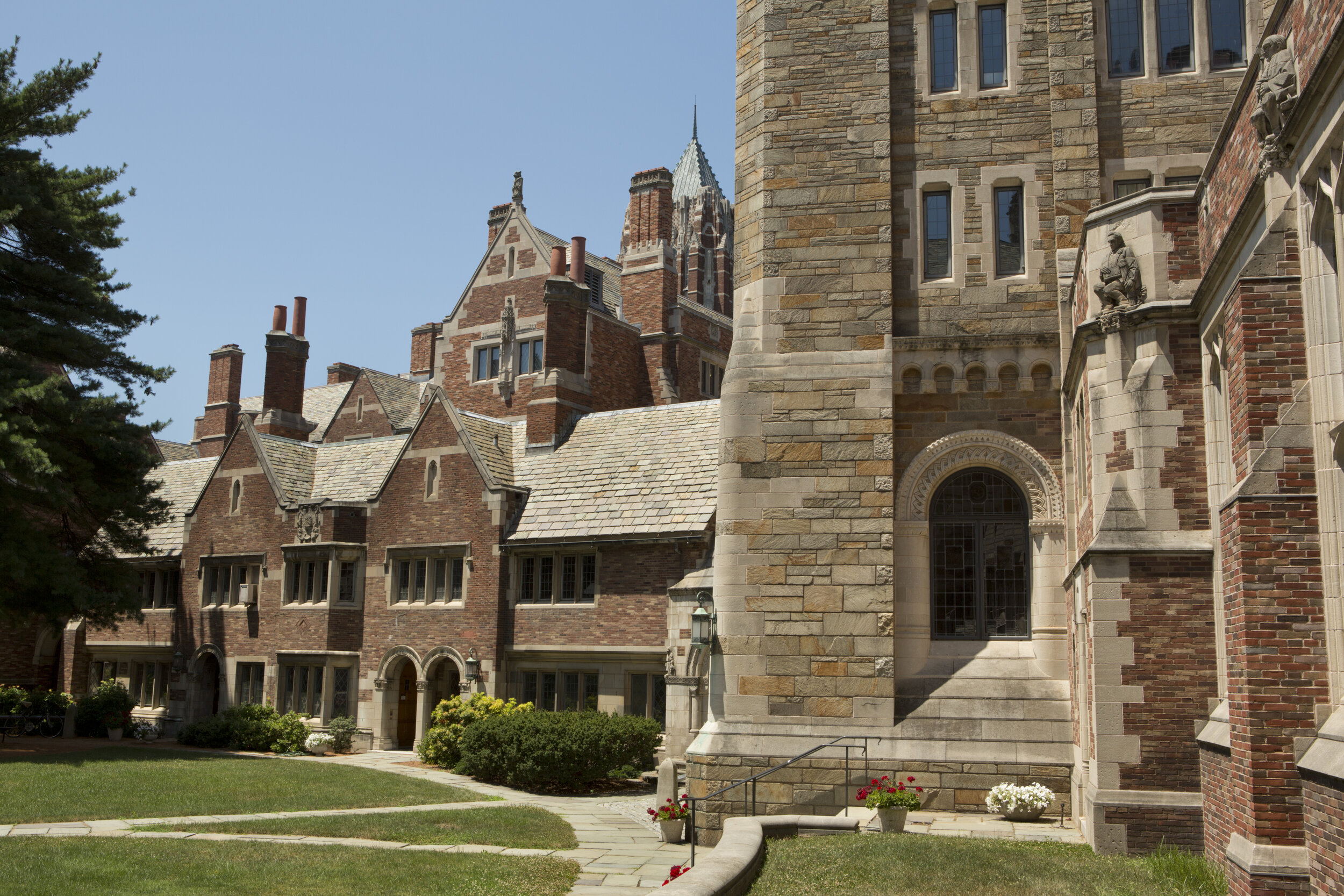Projects
Our work is driven by a diverse community of scholars who conduct justice-focused, community-oriented theoretically grounded work.
Scholar
- Andrade 1
- Aunger 1
- Ayres 1
- Badiei 3
- Baskin-Sommers 1
- Bell 3
- Betts 1
- Bradford 1
- Camacho 1
- Cox 2
- Dessources 1
- Diodati 1
- Erickson 1
- Friedman 1
- Gluck 1
- Goff 1
- Granot 1
- Gripp 6
- Hinton 1
- Jha 1
- Johnston 3
- Katsaros 7
- Kazar 1
- Kim 1
- Kraschel 1
- LaGratta 1
- Lewis 1
- McDonald 1
- Meares 13
- Meyer 1
- Nobo 7
- O'Brien 1
- Parigi 1
- Peyton 1
- Pineda 1
- Prowse 1
- Puglisi 1
- Quattlebaum 3
- Schoenebeck 1
- Seau 1
- Sperrazza 1
- Stewart-James 1
- Tyler 16
- Vaughn 3
- Venkatesh 6
- Wang 1
- Weaver 1
- Wheelwright 1
- Yang 1
- courts 2
Elevating Trust and Legitimacy for Prosecutors Project 2.0
Yale Law School’s Justice Collaboratory has partnered with the Association of Prosecuting Attorneys and LaGratta Consulting to develop the Elevating Trust and Legitimacy for Prosecutors Project. Through a multi-phase site selection process, project partners chose the Salt Lake County District Attorney’s Office, Saint Paul City Attorney’s Office and Columbus City Attorney’s Office as the project pilot sites to engage in a year-long collaborative assessment, planning, and implementation process of procedural justice practices.
Two Case Studies on Platform Design
The SMGI's Spring '23 lab partnered with New_ Public to develop case studies looking at two specific design features of online platforms - reputation management systems and jury/tribunal systems. Over the course of the semester, students in our lab read through related research, collated examples of how these systems are used across different platforms, and interviewed practitioners who have developed these systems on major platforms resulting in these case study reports.
Analyzing an Archive of 20 Years of Trust and Safety Research
As the T&S field matures, policymakers, regulators, and industry practitioners are increasingly hungry for empirical evidence to guide their work. As part of the Social Media Governance Initiative, we downloaded an archive of 20 years of over 1,200 research articles written on various online Trust and Safety topics. Our postbaccalaureate fellow, Michael Bochkur Dratver, then began a systematic coding of all articles in the archive using a codebook that was developed collaboratively among those in our lab and feedback from others interested in the project.
SMGI Spring 2023 Convening: Beyond Moderation
The SMGI/JC hosted a two-day in person conference on Thursday and Friday March 30th and 31st, 2023 at Yale Law School. This two-day conference included presentations from a cross-disciplinary group of scholars and industry practitioners discussing their work exploring a range of issues of online governance.
Community Moderation Project
The Community Moderation Project (CMP) is a qualitative study of how community moderation facilitates online discourse and how such moderation might be used in the future.
Elevating Trust and Legitimacy for Prosecutors Project
Yale Law School’s Justice Collaboratory has partnered with the Association of Prosecuting Attorneys and LaGratta Consulting to develop the Elevating Trust and Legitimacy for Prosecutors Project. Through a multi-phase site selection process, project partners chose the Salt Lake County District Attorney’s Office, Saint Paul City Attorney’s Office and Columbus City Attorney’s Office as the project pilot sites to engage in a year-long collaborative assessment, planning, and implementation process of procedural justice practices.
Online Trust & Safety Course
Sponsored by the Justice Collaboratory’s Social Media Governance Initiative, this course on Trust, Safety, and Governance helps prepare participants to be effective practitioners of governance and leaders within Trust & Safety teams. The three-day intensive workshop provides state of the art training on ways to use digital technologies to create and maintain prosocial environments.
Community Driven Governance Online: Past, Present, and Future
The Social Media Governance Initiative is hosting a one day workshop entitled “Community Driven Governance Online: Past, Present, and Future”. The forum will discuss approaches to online governance which put communities at the center of governance structures, providing community members tools, training, and systems to build communities and self-govern.
Yale Journal of Law and Technology
Our aim for this special issue is to bring a few novel approaches to platform governance which can be applicable to social media and other online platforms.
Data Transparency Advisory Group
Facebook’s Data Transparency Advisory Group (DTAG) assessed Facebook’s methods of measuring and reporting on its Community Standards enforcement policies. DTAG was chaired by Tracey L. Meares and Tom R. Tyler, who are the faculty directors of the Justice Collaboratory.
Social Media Governance Research Network
Yale Law School’s Justice Collaboratory has launched a new research network within their Social Media Governance Initiative. The Research Network is a consortium of scholars working together to examine the sociocultural impacts of digital technologies on contemporary social life.
Working Group to Reimagine Public Safety
In partnership with the Policing Project at New York University School of Law, The Justice Collaboratory organized the convening of two working groups of some of the country’s leading advocates and experts to discuss what a reimagined public safety system would look like.
Workers’ Perspectives Study of Procedural Justice and Criminal Justice System Legitimacy
The Justice Collaboratory conducted a study of perspectives of individuals working at the frontline of six key institutions in New York City’s criminal justice system: prosecutors, defense attorneys, judges, correction officers, probation officers and Criminal Justice Agency interviewers.
The Concord Project: The Connecticut State Department of Correction Procedural Justice Training and Evaluation
In partnership with the Connecticut State Department of Correction and LaGratta Consulting, The Justice Collaboratory designed and evaluated an intervention focused on increasing procedural justice inside correctional facilities.
RADx Underserved Populations (RADx-UP)
This National Institutes of Health (NIH) program aims to better understand COVID-19 testing patterns among underserved and vulnerable populations disproportionately affected by the pandemic; strengthen the data on disparities in infection rates, disease progression and morbidity and mortality; and develop strategies to reduce the disparities in COVID-19 testing, rates of infection, and outcomes.
Qualitative Assessment of Project Longevity in New Haven, CT
This study qualitatively examined Project Longevity, Connecticut’s largest GVI initiative, to contribute to the limited literature on implementation of gun violence reduction strategies.
Portals Policing Project
Despite the transformation of policing and rising prevalence of encounters with the justice system, current research is ill-suited to help us understand how the Michael Browns of America come to experience the police and state authority more broadly. This important work requires a better way to measure these dynamics across communities. And it requires that we center the voices of the unfree. That we listen. The Portals Policing Project aims to do just that.
Policing, Law, and Policy Clinic at Yale Law School
The Policing, Law, and Policy Clinic offers current Yale Law School students the opportunity to translate cutting-edge empirical research on policing reform into real-world policies


















